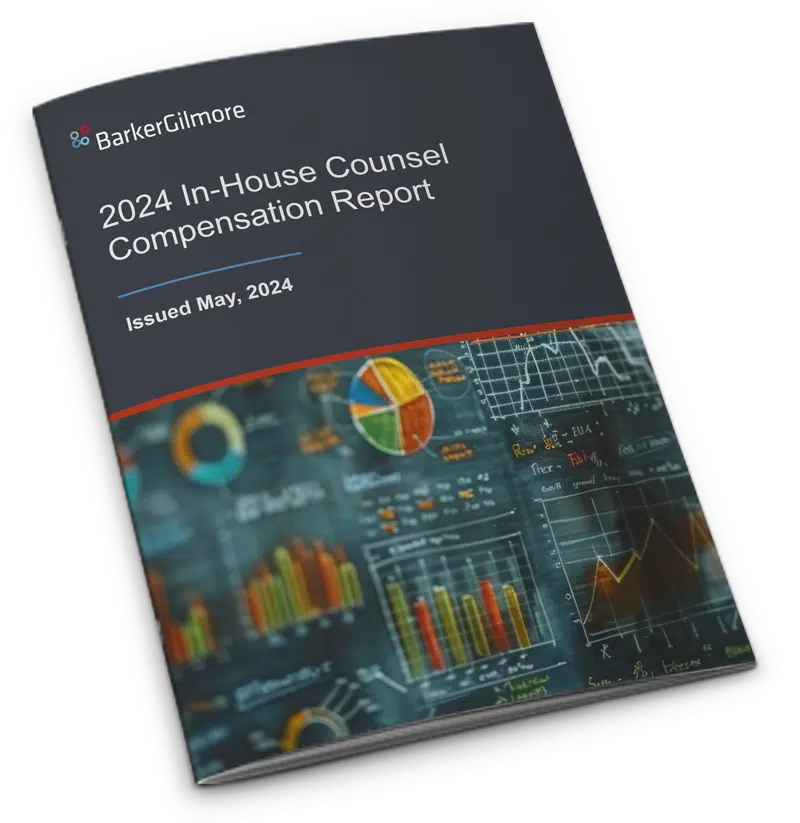Every senior level search, whether conducted by an internal recruitment team or led by a third-party search consultant, should start with the simple and obvious question:
Why are we here?
When we’re working on a CCO search we know that’s the best place to start, because it helps us to understand what happened that resulted in the open position. While the CCO position has been around long enough that retirements aren’t uncommon, our experience tells us that if retirement isn’t the cause, a company is typically looking for a new CCO for one of two reasons:
- Their CCO got poached. The field is expanding quickly as more companies add this C-level position and demand is outstripping experienced supply. The compensation package that attracted your star four years ago has gotten compressed, while at the same time, companies hiring CCOs today are more likely to position it as part of senior leadership. This makes it very attractive to the relatively small number with relevant leadership experience.
- The company hired the wrong person because they focused on technical qualifications instead of placing the appropriate emphasis on the soft side of a candidate’s qualifications: personality, core values, professional style, and emotional intelligence. So they hired someone who could do the job in the technical sense, when what they needed was someone who could turn risk management into a strategic advantage.
Tip #1: Know What You’re Looking For
This seems pretty obvious, right? But you‘d be surprised how seldom hiring committees have a shared vision for this position. Understand intimately what you need now, then use your crystal ball to start anticipating what the position needs to become in the future. You need to find one candidate who fits both.
Tip #2: Understand Candidate Motivation
Motivation is important for several reasons. First, it provides insights into a candidate’s sincerity and emotional intelligence (EQ). The best candidates will provide well-considered thoughts focused on the reasons that your company and the specific opportunity are interesting and potentially a good fit for him or her. And good candidates will dwell less on why they want to leave their current position.
Second, understanding individual motivation can be very valuable when it comes time to close on your top candidate. Having a deep understanding of why they’re interested will drive the structure and positioning of your closing offer.
And finally, if you get in a counter offer situation, an authentic understanding of the candidate will lead you to the right decision on a counter.
Interviewing for motivation is an acquired skill. You need to be disciplined and intentional in developing multiple variations of the most important questions to gauge the depth and truth in candidates’ thought processes. People qualified to interview for CCO positions will likely be skilled interviewers themselves. Your approach must work hard to reveal the truths of each candidate.
Tip #3: Interrogate for Core Competency
Compliance is not a “one size fits all” skill set. Consider the vast compliance requirement differences between a global financial enterprise and a U.S healthcare conglomerate, or a multinational energy corporation. Core competencies should be derived from the detailed position description, identifying all of the issues, constituents, and entities you believe will be part of your corporate compliance and risk assessment plan.
To learn about core competencies, you’ll want to probe candidates on specific experiences they’ve had and situational behaviors that correspond to your anticipated competency needs. Potential questions include:
- Tell me about the last compliance program you successfully directed
- Tell me about a specific compliance plan you developed or implemented as part of a broad program
- How did you ensure the program was working?
By relying on behavior-based interviewing for competencies, you’ll identify which candidates truly have the experience and knowledge to lead your compliance efforts.
Tip #4: Assess Compensation Requirements
Too often companies will take a candidate through their entire interview process without explicitly discussing compensation. This can lead to disappointment and frustration for both parties. The best way to deal with compensation is to be direct, and conduct that conversation as part of the initial screening of candidates. It’s a terrible waste of everyone’s time to bring a finalist in for intensive interviews only to discover their requirements grossly exceed your budget.
By the conclusion you should have a detailed understanding of all elements, including timing of deferred comp and potential bonuses. You don’t want to be surprised because you failed to ask the right questions.
Tip #5: Assess for Leadership
We’ve already mentioned the need to place emphasis on learning about a candidate’s qualitative skills; we consider leadership to be the most critical. Again, this is an area that demands good foresight in preparing questions that are behavior-based. You want to learn about the difficult situations they’ve faced, both in leading an internal team, and dealing with external constituents in complex and rapidly developing situations.
For many companies, selecting and landing the best candidate to fill the CCO position is one of their most important HR initiatives because of the impact it has on positioning them to manage future risk. By relying on the tips we’ve provided here, and other processes and skills experienced professionals bring to these initiatives, businesses can improve the likelihood of hiring the candidate that’s their best compliance and risk asset for today, and for the future.
Connect with a legal recruiting advisor
* indicates required fields







